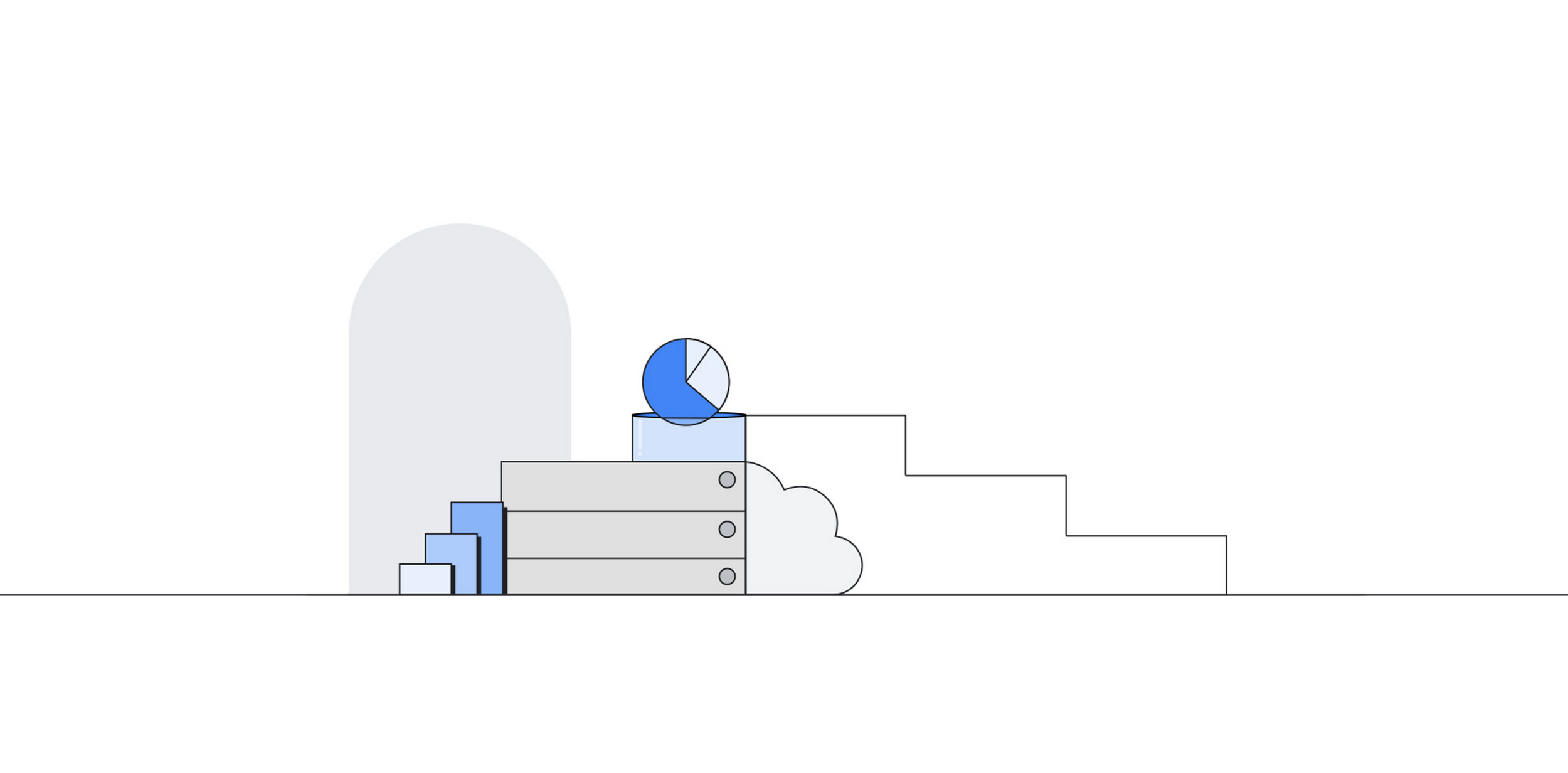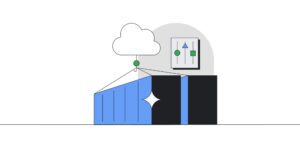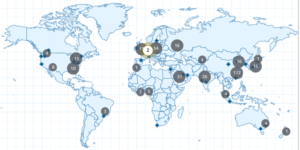
[ad_1]
Level-In-Time Restoration (PITR) is a crucial functionality for enterprise purposes. It permits database directors to recuperate from unintended knowledge deletion by restoring their manufacturing databases to a time earlier than the incident.
Cloud SQL for PostgreSQL launched help for PITR in July 2020, permitting you to recuperate from disasters like knowledge corruption or unintended deletion by restoring your Cloud SQL occasion to a earlier time. We’re excited to announce a further enhancement to PITR for Cloud SQL for PostgreSQL that makes enabling PITR an excellent simpler determination: for situations with Level-in-Time Restoration newly-enabled, the write-ahead logs being saved for PITR operations (that are the transaction logs which might be used to return in time) will not devour disk space for storing. As an alternative, whenever you allow PITR for brand new situations, Cloud SQL will retailer transaction logs collected throughout the retention window in Google Cloud Storage, and retrieve them whenever you carry out a restore. As a result of transaction logs can develop quickly when your database experiences a burst of exercise, this transfer will assist scale back the impression these bursts have in your provisioned disk storage. These logs will likely be saved for as much as seven days in the identical Google Cloud area as your occasion at no extra price to you.
PITR is enabled by default whenever you create a brand new Cloud SQL for PostgreSQL occasion from the Google Cloud console, and transaction logs will not be saved on the occasion for situations which have PITR newly enabled. In case you have already enabled PITR in your PostgreSQL situations, this enhancement will likely be rolled out to your situations at a later level. If you wish to benefit from this modification sooner, you’ll be able to first disable after which re-enable PITR in your occasion (which is able to reset your potential to carry out a point-in-time restore to the time at which PITR was re-enabled). On situations with this characteristic enabled, you’ll discover that consumed storage in your occasion will scale back relative to the amount of write-ahead logs (WAL) generated by your occasion. The precise quantity of storage your logs devour will range by occasion and by database exercise – throughout busy occasions to your database, log dimension might shrink or develop. Nonetheless, these logs will now solely be saved in your occasion lengthy sufficient to efficiently replicate to any replicas of the occasion and to make sure that they’re safely written to Cloud Storage; afterwards, they are going to be eliminated out of your occasion.
We’re excited to proceed to reinforce Cloud SQL for PostgreSQL to make sure that catastrophe restoration is straightforward to allow, price efficient, and seamless to make use of. Be taught extra about this modification in our documentation.
[ad_2]
Source link





